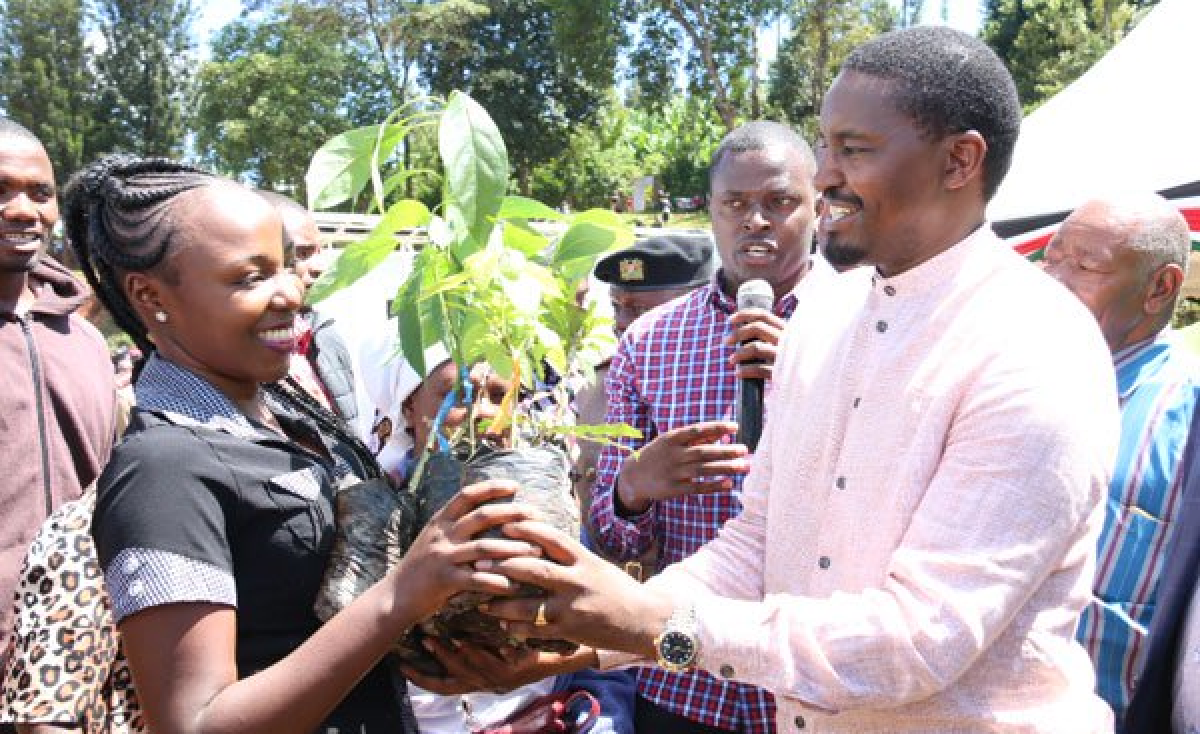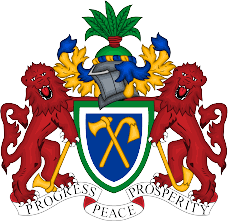ROOTS
The Resilience of Organizations for Transformative Smallholder Agriculture Project (ROOTS) is a six-year project launched on 09 February 2021. It is being co-funded by the International Fund for Agricultural Development (IFAD), the OPEC Fund for International Development (OFID), the GEF Least Developed Countries Fund (LDCF), the French Development Agency (AFD), the Government of the Gambia and the Project’s beneficiaries.
The main goal of ROOTS is to improve food security, nutrition and resilience of smallholder farmers to climate change in The Gambia. Its development objective is to increase agricultural productivity and access to markets for enhanced food security and nutrition and for the resilience of family farms and Farming Organizations. To achieve its objectives, the project will support targeted investments in infrastructure and the technical and organizational capacities of farmers’ organizations, particularly youth and women.
The project is targeting 320,000 people/ 40,000 households in 39 districts across five administrative regions of The Gambia. It is expected that 80 percent of the project beneficiaries will be women and 25 percent will be youth.
Project Components:
Component 1. Agricultural productivity and adaptation to climate change:
The expected outcome is “Improved smallholder farmers’ productivity through the adoption of sustainable and climate-resilient and nutrition-sensitive technologies and practices”.
Sub-component 1.1, the Project will: (i) consolidate 1,300ha of existing poorly performing tidal irrigation and develop 2,800ha of new tidal irrigation on existing agricultural lands(average size per community land between 25 and 75ha); (ii) develop 200ha new wet-season valley water control cascaded dykes; (iii) develop 800ha new micro catchments runoff control dykes; (iv) establish and strengthen Water User Management Units; and (v) upgrade 20km of causeways to access 800harice-growing swampy areas.[2] In addition, the Project will upgrade 40 vegetable gardens and develop 30 new ones. Around the production sites, ecosystem preservation activities such as the rehabilitation of 1,300ha of mangroves and 1,400ha of community forests will be financed.
Sub-component 1.2: will support (i) the access to various agricultural services (extension, input provision, financial education) with the focus on the promotion of Farmers’ Field Schools for rice and vegetables; (ii) the emergence of 240 youth-led businesses that will mainly focus on the provision of services to the value chains; and (iii) capacity development of grassroots farmers’ organizations (FOs) so that they develop services for their members, particularly women-led farmers organizations.
Component 2. Access to markets:
The outcome of this component is “inclusive commercial partnerships between strengthened FOs and buyers through public-private producers’ partnerships”.
Sub-component 2.1: Will focus on value chain and market linkages. It will finance:
(i) agricultural value-chain interaction platforms (AVIPs)– one rice AVIP and one vegetable AVIP will be established in each region targeted by the project with key value-chain stakeholders (producers, processors, traders, transporters) and the voice-based market information system introduced by NEMA will be scaled-up;
(ii) capacity development of the National Coordinating Organization for Farmer Association in The Gambia (NACOFAG) as well as the national commodity organizations of food processors, rice and vegetable growers; and
(iii) the construction of markets and roads.
Sub-component 2.2
will support business ideas of 4Ps, particularly those focused on post-harvest and value addition elements. The Project will ensure that:
(i) FOs and SMEs prepare high-quality business plans with a particular focus on women-led FOs and SMEs; and
(ii) matching grant resources are efficiently mobilized and utilized. As a pilot, and after the mid-term review, matching grant funds will be blended with potential private capital from the Gambian diaspora; and
(iii) post-investment business support is available to sustain the 4Ps, through linking the SMEs to specialized business development services, including certification and food safety standard.
Component 3: Project management, institutional development, and citizen engagement. The objective is to facilitate:
(i) efficient coordination and monitoring and evaluation of project activities;
(ii) knowledge management, communication and learning;
(iii) stakeholder awareness and participation through timely and transparent communication of results and consistent citizen engagement; and
(iv) policy dialogue and South-South and Triangular Cooperation.


